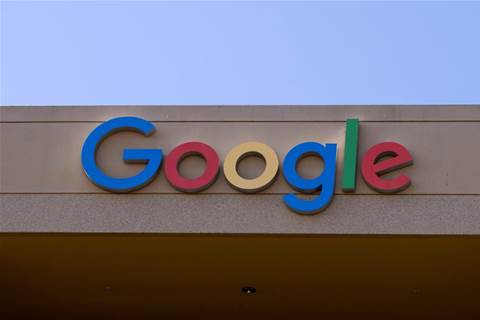Source: forbes.com
Google is testing a service that would use its search and artificial intelligence technology to analyze patient records for Ascension, the largest nonprofit health system in the U.S., according to documents about the efforts reviewed by Forbes. Called “‘Nightingale,” the Google-Ascension project indicates that Google’s push into health analysis is farther along than previously believed, even as the company has faced a growing backlash over health-related privacy concerns.
Ascension said in a statement that all its work with Google complies with privacy law and is “underpinned by a robust data security and protection effort, which Google echoed in its own blog post later Monday, including that “patient data cannot and will not be combined with any Google consumer data. ”TheWall Street Journal first published details of the Ascension partnership earlier on Monday.
The project, in the works since at least February, involves Ascension moving patient records onto Google’s cloud serversand includes a search product that allows Ascension healthcare providers to see an “overview page” about their patients. The page includes complete patient information as well as notes about patient medical issues, test results and medications, including information from scanned documents, according to presentations viewed by Forbes.
A source familiar with the project said that patients are not aware of Google’s access to their data, though patient privacy laws generally allow the sharing of patient data with third parties without notification if it is for purposes that “help it carry out its health care activities and functions.” Ascension employees have raised concerns internally, according to documents, about patient data privacy.
Down the line, Google’s AI technology could also help Ascension providers answer questions like, “What past history should you review about the patient?” “What are opportunities to intervene?” and “What are the risks of future outcomes?,” the documents indicate.
Tech giants including Microsoft, Amazon, Google and Salesforce have been trying to carve out a slice of the trillion-dollar healthcare space. Improving the way caregivers use electronic health records has been a priority, as studies have shown that doctors spend more time on documentation than interacting with patients. Google’s Cloud unit, which now generates $8 billion in revenue a year, has made other inroads into healthcare. It counts the Mayo Clinic, McKesson and Kaiser Permanente as customers.
Google and its parent company, Alphabet, have faced scrutiny for some of its past healthcare partnerships. This summer, a University of Chicago patient sued Google and the university, alleging that they improperly shared patient data for research that used artificial intelligence to predict future medical events. Google and the University of Chicago both denied any wrongdoing.
In 2016, Alphabet’s artificial intelligence unit, Deepmind, came under fire for obtaining patient medical records from the U.K.’s National Health Services without proper patient consent. The company admitted mistakes and redrew its contracts.Privacy advocates were rankled further, however, last fall when Deepmind Health announced plans to merge with Google, reversing the company’s past pledges to keep its health work separate.
Most recently, Google’s plans to acquire health wearables company Fitbit for $2.1 billion raised alarms with lawmakers, with Virgina Senator Mark Warner saying that the announcement “raises serious concerns” and calling for mandatory disclosures on how big tech companies use “sensitive data in healthcare products.”
Stacey Torvino, a bioethics expert and law professor at the University of Nevada, says that some privacy concerns around large tech companies handling medical records stem from the vast amount of other data that they store about people, including search and location history. Even if patient records were de-identified as outlined by the Health Insurance Portability and Accountability Act, HIPAA, the likes of Google and Facebook are uniquely capable of using other mined data to determine who a patient is.
“De-identification is getting to the point where it’s almost a myth” because of advances in big data analytics and machine learning, Torvino says.
Google’s search service has rolled out in at least one Ascension facility each in Florida and Texas, and Google plans to release the product inAscension facilities in states including Michigan and Tennessee by the end of this year, the documents show. Missouri-based Ascension Health was founded in 1999 and is one of the largest Catholic health systems in the world, with 150 hospitals around the country and care centers in 20 states and Washington, D.C.
David Feinberg, the leader of Google’s health unit, at a healthcare innovation conference in Las Vegas in early November, described a new Google product as “a search bar on top of your [electronic health records] that needs no training.” It appears that his comment refers to the new search tool being tested with Ascension.
“It’s understandable that people want to ask questions about our work with Ascension,” Google said in its statement. “We’re proud of the important work we’re doing as a cloud technology partner for healthcare companies.”


